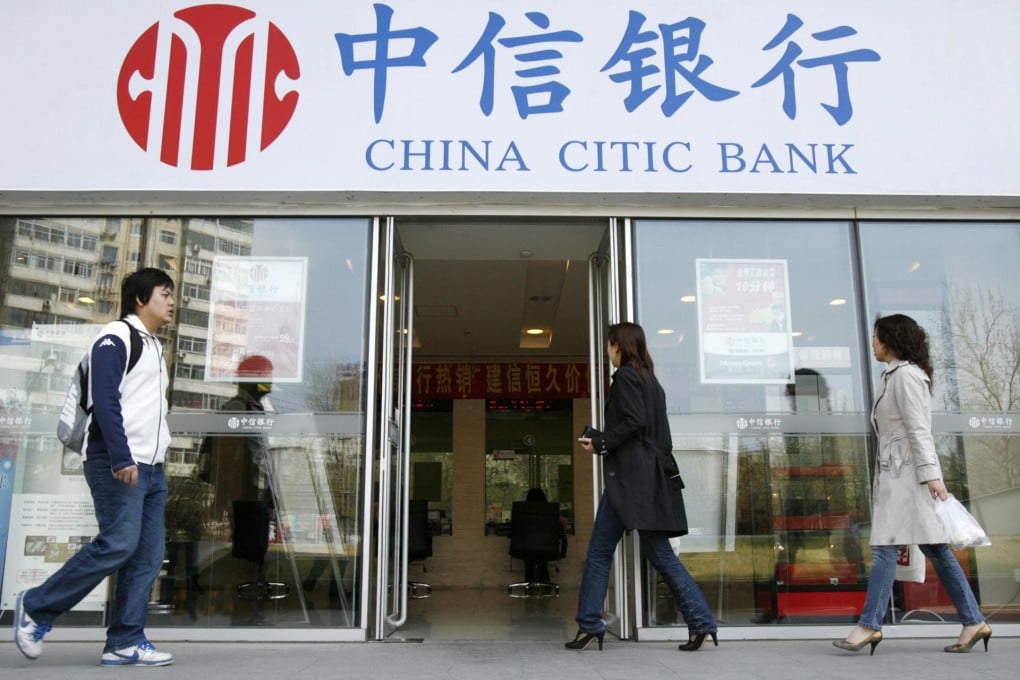New | Dropping of loan-deposit ratios at China's banks not seen spurring lending
Chinese commercial banks locked into quotas for 2015 as move set to unleash 6.6 trillion yuan

Dropping the 75 per cent loan-deposit ratio, or LDR, as the State Council proposed this week, will not spur a surge in lending business for Chinese commercial banks, which are already locked into lending quotas for the year.
Along with LDRs, lending quotas have been a primary tool used by regulators over the past two decades to restrain banks from lending too much. For much of that time, guaranteed high returns and central government backing gave banks incentives to push as much cash as possible to state-owned companies.
The lending quotas are still intact and allocated at the start of each year. Scrapping the LDR rule will not expand the quotas, even as the move is set to unleash an estimated 6.6 trillion yuan sectorwide that until now has been constrained by the rule.
"This cannot change the current quotas for the banks," said Chen Xingyu, a Shanghai-based banks analyst at Phillip Securities. "If they want to change the quotas, they'll have to wait until next year. It really has very little immediate impact on lending."
Only a handful of medium-sized banks have come under real pressure to meet the ratio this year. China Merchants Bank, China Citic Bank, Bank of Beijing and China Minsheng Bank have all exceeded the 75 per cent cap. Most of the biggest banks, such as Agricultural Bank of China with a 61 per cent LDR, are far from feeling the heat.
The average LDR for commercial banks is about 66 per cent, leaving ample room for more lending should there be a demand for the loans.
"Scrapping the [LDR] ceiling would relax a non-binding constraint on new lending," said Tim Condon, the managing director and head of research at ING Financial Markets in Asia.
